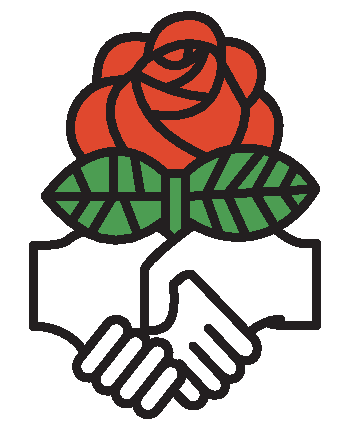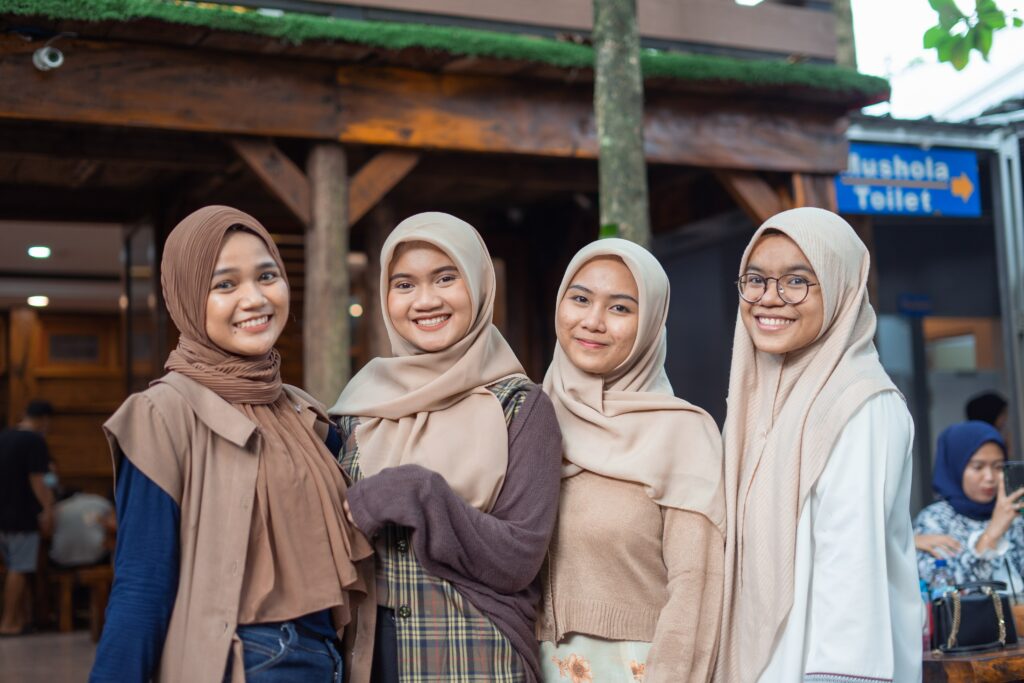Women in Burma
XVI Conference, New York, United Nations, 6-7 September 1996
Emergency Resolution
The National League for Democracy in Burma, led by Aung San Suu Kyi, won the free and fair multi-party general elections overwhelmingly in May 1990 with 80 per cent of the votes and more than 80 per cent of MPs. However, the State Law and Order Restoration Council (SLORC) still refuses to transfer power to the legitimate winners of the Burmese people’s mandate, and are preparing for new elections which are equally unacceptable.
Burmese women have taken an active part in politics since the beginning of this century, in the nationalist movement and in the uprising in 1988 calling for democracy. Girl students held flags at the front of demonstrations, openly facing the bayonets and automatic gunfire. Many of them were killed and hundreds were arrested. More pro-democracy women activists have been arrested since, some have been released, other remain imprisoned. Torture and ill-treatment are routine in Burma. Amnesty International has declared Ma Thida, a medical doctor and writer, and San San Nwe, another writer and NLD Central Committee member as women prisoners of conscience.
Widespread sexual abuse and sexual slavery is committed by SLORC soldiers and commanders. Such violations and injustices are widespread in the areas controlled by SLORC troops. Local women, regardless of age and marital status are frequently summoned by SLORC commanders for ‘questioning’ and are raped at gunpoint. Husbands and even children are sometimes forced to watch. Rape is perpetrated not only against the women but is used to intimidate husbands, families and communities.
Between 400,000 and 500,000 persons in Burma are reported to be HIV positive. About 50,000 Burmese women and children have been forced to work as prostitutes in Thailand. The young victims are sold into prostitution for US$ 560 each. The police in Burma and Thailand are heavily involved in this racket.
Over 100,000 Burmese refugees have fled to Thailand near the border with Burma to escape the fighting between armed rebels and SLORC troops and to avoid being forced into becoming porters for SLORC. At least half of them are women. The refugees face many hardships in the border areas.
About a million Burmese, over half of whom are women, have been forced to leave their home under the SLORC’s forced-relocation schemes, due to military offensives or the construction of roads, railways, hotels or other infra-structures. They have received no compensation and no suitable alternative sites on which to build new homes.
SIW calls on the SLORC regime to begin substantive meaningful dialogue with the democratic forces led by Aung San Suu Kyi and representatives of ethnic minorities and SIW strongly urges the military junta to hand over power to the NLD, the legitimate winners of the May 1990 elections.
SIW urges SLORC to release immediately and unconditionally all political prisoners whose only “crime” has been a limited exercise of freedom of expression, association and assembly.
SIW strongly condemns the rapes routinely perpetrated against Burmese women by SLORC soldiers and also SLORC’s cynical use of rape as a tool in their campaign of subjugation ad oppression of the civilian populationwhich constitute a blatant violation of human rights.
SIW calls upon the United Nations,governments and humanitarian agencies to do their utmost to prevent the trafficking in Burmese women to Thailand.
SIW calls upon SLORC to refrain from practices which make people flee to neighbouring countries and calls for assistance for the refugees in the border areas.
SIW urges SLORC to end its policy of forced-relocation and to provide assistance to those who are suffering misery and hardship as a result of this policy.
SIW resolves to send another mission to Burma to look for practical ways of assisting the women of Burma and to contribute towards finding solutions to the problems they face.
SIW calls upon the ASEAN and other states to suspend trade relations with the regime until democracy is restored in Burma.

